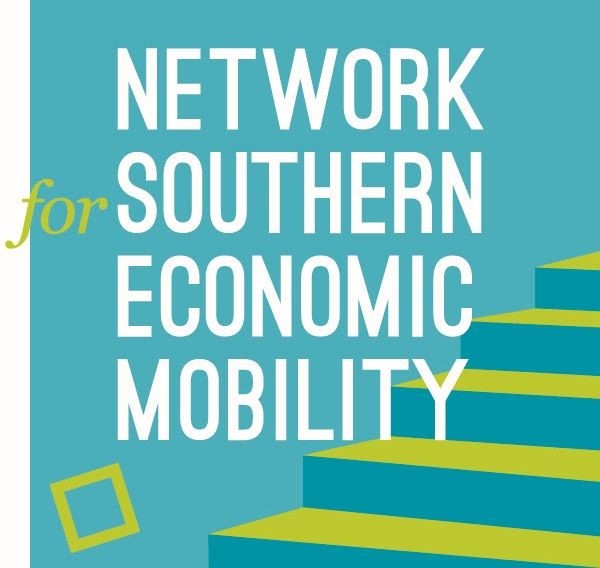October 6, 2017
Spartanburg County is one of four Southern communities that are taking on the challenge of improving economic mobility for youth and young adults. The Spartanburg County Foundation has been selected to participate in the second cohort of MDC’s Network for Southern Economic Mobility that is focused on creating opportunities for youth and young adults in the lowest income bracket. MDC, an organization that has worked for more than 50 years to help communities across the south close the gaps that separate people from opportunity, is facilitating this network for four communities in the region.
In addition to Spartanburg County, Fayetteville, N.C.; Little Rock, Ark.; and Savannah, Ga., will receive customized coaching and technical assistance, and hear from experts in institutional and governmental systems change. They will have the opportunity to work together and share their insights into what works—and what doesn’t—as they strive to eliminate the barriers that keep a high percentage of low-income young people from rising into the middle class. The new communities join Athens, Ga.; Chattanooga, Tenn.; Greenville, S.C.; and Jacksonville, Fla., which are entering their second year in the network.
“The first cohort of cities has made great strides in lifting up the economic mobility imperative, grappling with difficult data, and identifying key intervention points in their local talent development systems,” said David Dodson, president of MDC. “Like their predecessors, this new cohort has shown the desire and capacity to do the work and address the challenge.”
“The Spartanburg County Foundation is excited to serve as the lead convener and facilitator for Spartanburg County,” states Troy Hanna, President and CEO of The Spartanburg County Foundation. “There are many strong collaborative initiatives in our community, and it will be imperative to partner with those initiatives and to serve as the common thread that ties each one back to this issue of economic mobility.”
The Spartanburg County Foundation has established a leadership team to participate in the cohort and will be forming a larger team of diverse community leaders to assist with the overall project.
The problem, as spelled out in MDC’s State of the South Report “Building an Infrastructure of Opportunity for the next generation,” is that it is harder in the South than anywhere in the U.S. for young people in the poorest households to move up the economic ladder as adults. Southern communities that are top-rated as places to do business also are among the places with the highest ratings of inequality and lowest rankings for economic mobility, the report found. While education beyond high school is the best indicator for getting a job that pays family-sustaining wages, fewer
unities in the Network for Southern Economic Mobility have shown a commitment to helping marginalized young people, a foundation of promising programs on which to build, the presence of industries with career potential for young people, and top leaders who see the connection between economic mobility and the long-term health of their economy.
Core support for the Network is provided by the Mary Reynolds Babcock Foundation, the Annie E. Casey Foundation, the Kresge Foundation, and other philanthropic investors. Communities are contributing a participation fee to support a portion of on-site technical assistance, coaching visits, and annual conferences.
“Across the South, our experiences have shown us people and organizations who align their efforts make greater and more enduring progress toward shared goals like creating opportunity and fostering economic mobility,” said Gladys Washington, deputy director of the Mary Reynolds Babcock Foundation.
Network communities bring together leaders from each community in business, government, education, nonprofits, and philanthropy to examine how well their existing systems are reaching those young people facing the most difficult barriers to advancement; analyze the policies, systems, and culture that impede their progression; and adapt or build the pathways that connect institutions and social supports, from school to rewarding employment. At the end of their initial two-year commitment, network communities will be expected to have:
• detailed systems and data analyses of those youth in the lowest income brackets and a clear understanding of the principal barriers to their economic mobility
• a diverse leadership group equipped to challenge institutional inequities and implement an action plan that leverages changes in the local talent development system so that it better serves the needs of both young people and employers, and so that it accelerates youth mobility efforts
• a set of priorities to build stronger organizations with the capacity to refine existing programs, aggregate and realign resources, and spur innovation
• a cross-region peer group of leaders working together on a cutting edge issue of national significance
“We can’t have a society where only exceptions succeed or where so much is left to the luck of the draw—especially when the deck is so often stacked against those who need the uplift of mobility the most,” Dodson said. “We must be about changing the odds, not expecting people to beat the odds.”
About The Spartanburg County Foundation
The Spartanburg County Foundation is dedicated to improving the lives of Spartanburg County residents by promoting philanthropy, encouraging community engagement and responding to community needs. Established in 1943, The Spartanburg County Foundation is the oldest community foundation in South Carolina. Additional information about the Foundation is available at www.spcf.org.
About MDC
MDC brings together foundations, nonprofits, and leaders from government, business, and the grassroots to illuminate data that highlight deeply rooted Southern challenges and help them find systemic, community solutions. Our approach, developed over 50 years, uses research, consensus-building, and programs that connect education, employment, and economic security to help communities foster prosperity by creating an “Infrastructure of Opportunity”—the aligned systems and supports that can boost everyone, particularly those who’ve been left behind, to higher rungs on the economic ladder.



 Confirmed in compliance with National Standards for U.S. Community Foundations.
Confirmed in compliance with National Standards for U.S. Community Foundations.